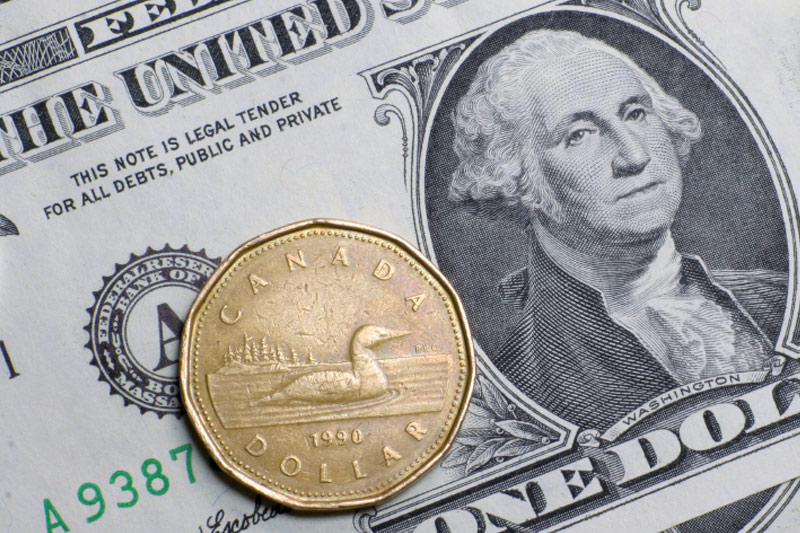Investing.com’s stocks of the week
Investing.com - The U.S. dollar was almost unchanged against its Canadian counterpart on Thursday, hovering close to a five-week high despite the release of downbeat U.S. data and amid sustained geopolitical concerns.
USD/CAD hit 1.3495 during early U.S. trade, the pair’s highest since March 14; the pair subsequently consolidated at 1.3491.
The pair was likely to find support at 1.3437, the low of March 14 and resistance at 1.3517, the high of March 10.
The U.S. Department of Labor said initial jobless claims increased by 10,000 in the week ending April 15 to 244,000 from the previous week’s total of 234,000. Analysts expected jobless claims to rise by 8,000 to 242,000 last week.
In addition, the Federal Reserve Bank of Philadelphia said its manufacturing index fell to 22.0 this month from March’s reading of 32.8. Analysts had expected the index to decline to 25.0.
Meanwhile, sentiment on the greenback remained vulnerable after Secretary of State Rex Tillerson said on Wednesday that the U.S. was looking at ways to pressure North Korea over its nuclear program.
The comments came after North Korean state media warned the Americans of a "super-mighty preemptive strike" and said don't "mess with us."
Separately, Deputy Prime Minister Taro Aso, who heads Japan for a newly-created bilateral economic dialogue with the U.S., said on Wednesday that Japan has less room to compromise with Washington under a bilateral trade deal.
But the commodity-related Canadian dollar was pressured by lower oil prices on Thursday, after data showed that U.S. crude oil inventories fell less than expected last week.
The loonie was lower against the euro, with EUR/CAD gaining 0.55% to 1.4522.
Market participants were also focusing on the upcoming French presidential election, with the first round voting scheduled on Sunday April 23.
Recent polls in France showed that Centrist candidate Emmanuel Macron is still in the lead, although the outcome of Sunday’s vote is still too close to call.
